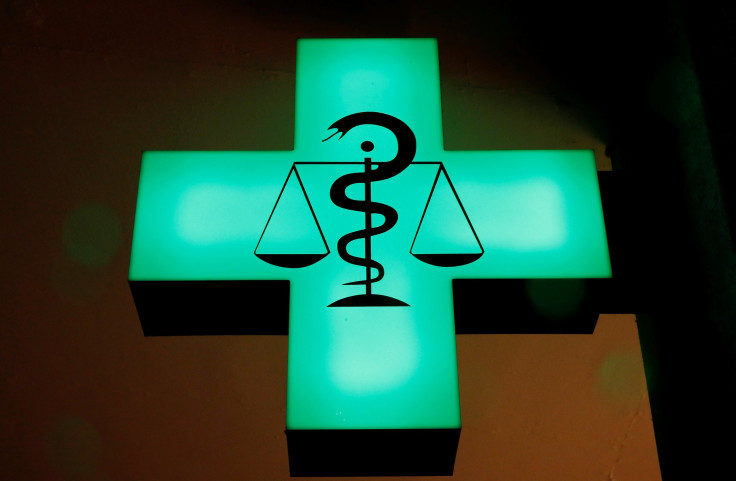How Much Sleep Is Enough? Too Much Rest Could Be A Problem For Older Adults, Study Finds

Americans of all ages love to complain about how busy they are and the hours of sleep they are giving up to live their best lives, but a new study found that some people may be making good choices when it comes to avoiding too many hours in bed. Older adults who suddenly start to sleep more than nine hours a night are at risk for developing dementia, the research found. Compared with elderly people who slept nine hours or less, sleepy heads face double the risk of being confronted by the illness, the New York Times reported Wednesday.
To be sure, sleeping more may not be something potential dementia patients can avoid. “We’re not suggesting you go wake up Grandpa. We think this might be a marker for the risk of dementia, not a cause” of the illness, said Dr. Sudha Seshadri, a professor of neurology at Boston University School of Medicine and the senior author of the study, in Neurology.
The study observed 2,457 72 years old in Massachusetts who had a habit of excessive slumber. They also were likely to have Alzheimer’s, a type of dementia that affects the brain.
“My suspicion is that this is a compensatory mechanism: that at a time when amyloid is building up in the brain, people may be sleeping longer as the body is reacting and trying to remove it from the brain,” Seshadri added about his hypothesis.
So how much sleep is enough? It depends on how old you are, according to most medical professionals. Newborns need up to 17 hours a day, toddlers and young children need roughly 13 hours a day, older children need 11 hours and teenagers need 10 hours. Adults can get by with seven to nine hours, while older adults tend to sleep more lightly. For the ideal rest, make sure your sleep is interrupted.
As for all your friends who boast about only getting just five hours of sleep or less? They may not be living their best lives, after all. People who don't sleep enough can't do as many complex mental tasks, research shows.
© Copyright IBTimes 2025. All rights reserved.






















